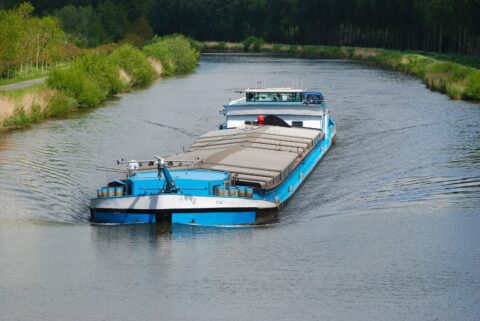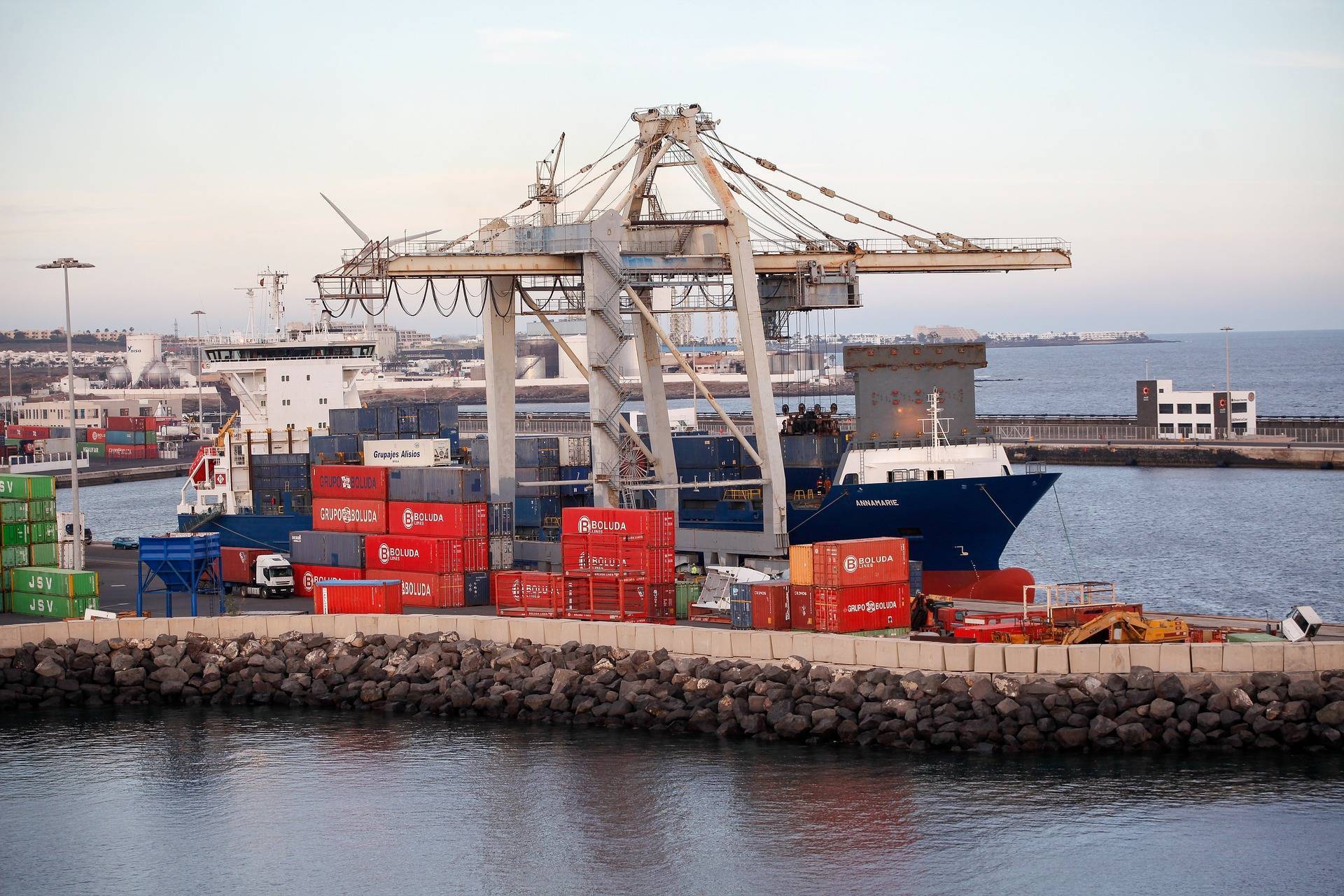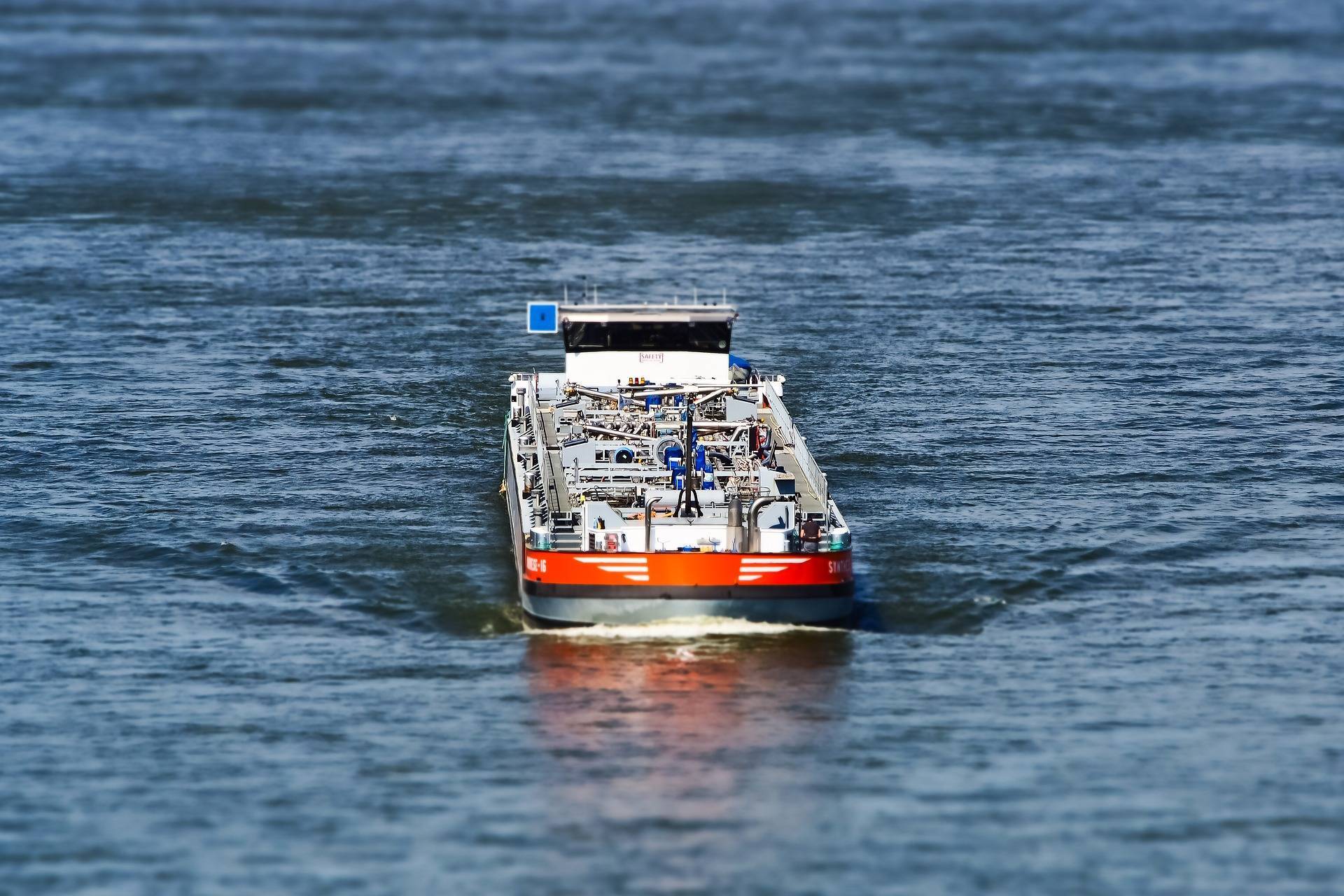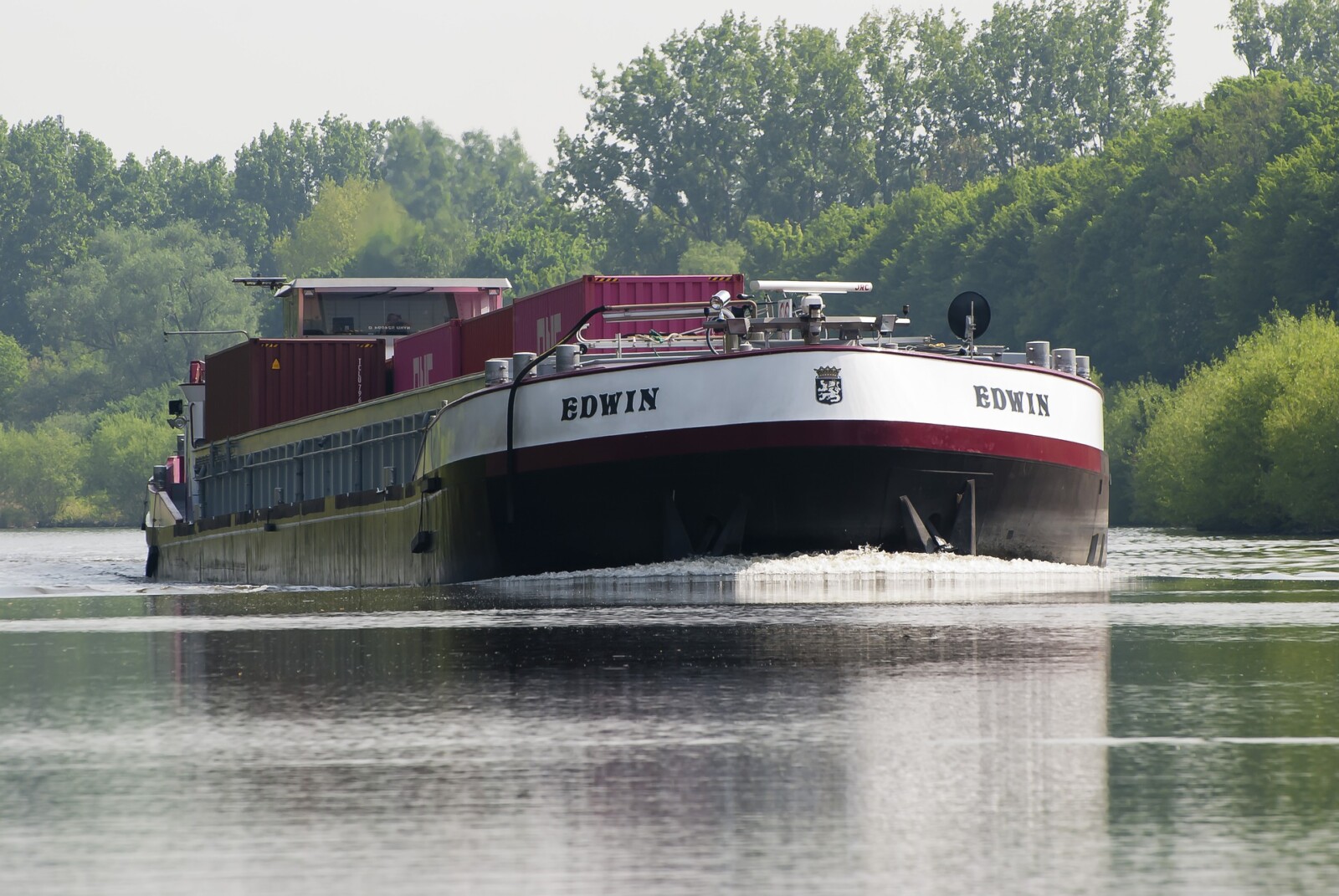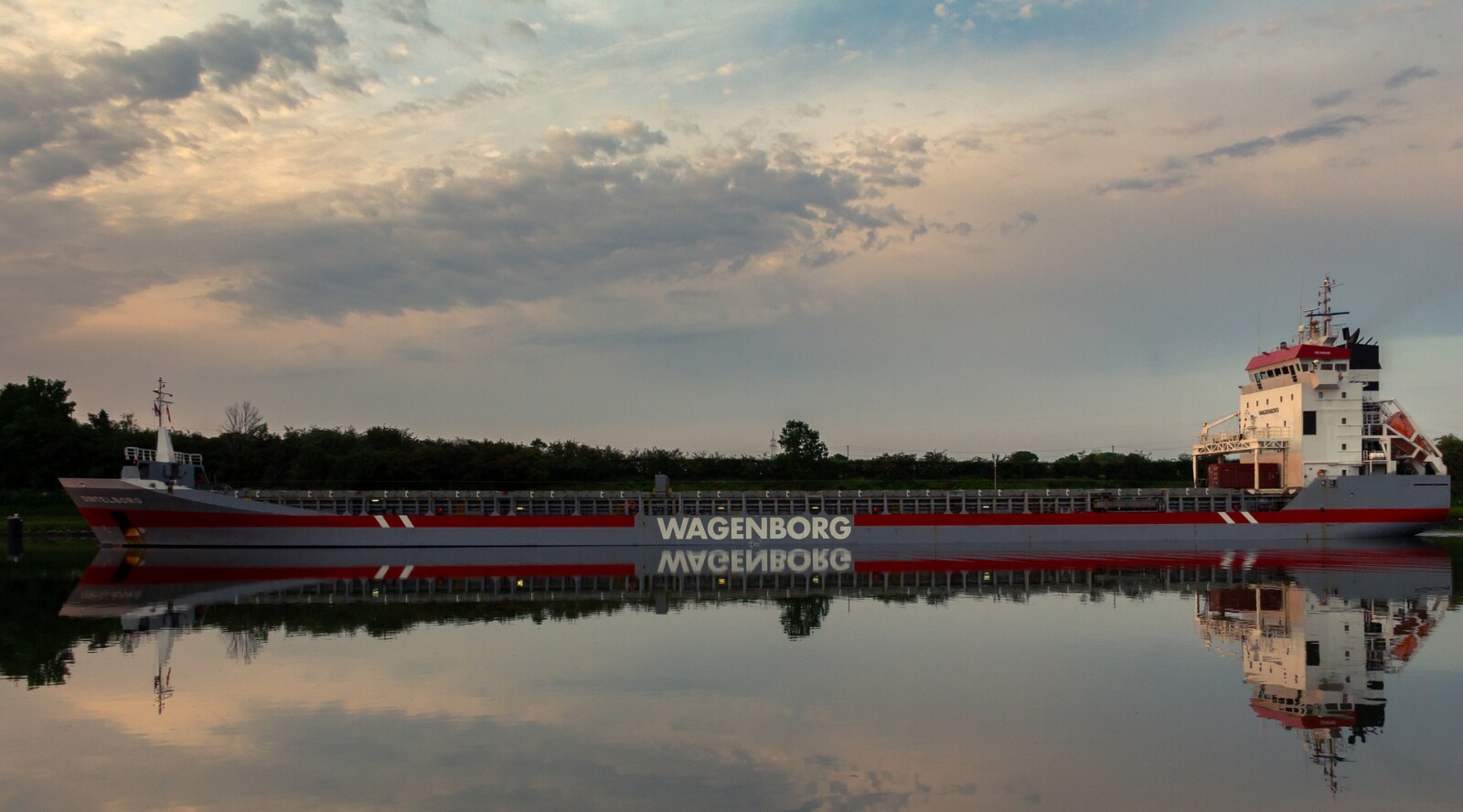Draft Interim Guidelines for Ships with Various Fuel Cells
Automatic translation
Ensuring the provisions of international standards
The draft interim guidelines aimed at ensuring the provision of international standards for ships using power plants with various fuel cells was agreed by the IMO Subcommittee on the Transport of Goods and Containers during the 7th session (September 6-10, 2021).
This project covers issues such as fire suppression systems at sea and gas / vapor detection. The recommendations are intended to ensure the safe and reliable delivery of electrical and / or thermal energy using fuel cell technology.
A fuel cell is a source of electricity in which the chemical energy of a fuel cell is converted directly into electrical and thermal energy through electrochemical oxidation. Fuel cells can use hydrogen (which can be potentially explosive) as a fuel source.
The final draft will be sent for approval by the Maritime Safety Committee (MSC) at its 105th Session, which is scheduled to meet in April 2022.
The development of these interim safety guides for ships using different types of fuel cells is part of the important work being undertaken by the Subcommittee in the context of the shipping needs for new fuels and propulsion systems to meet the decarbonization ambitions outlined in the IMO's Initial Greenhouse Gas Document.
The IGF Code, which came into force in 2017, aims to minimize the risk to ships, their crews at sea, and the environment, taking into account the nature of the fuel used. It was originally focused on liquefied natural gas (LNG), but work is currently underway to consider other suitable fuels.
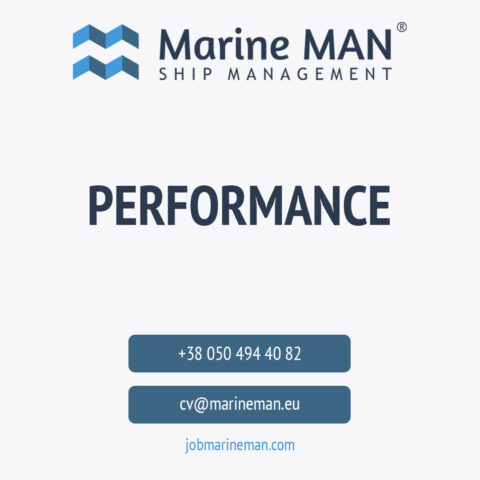
Ship Safety Guide
An interim safety guide for ships using methyl / ethyl alcohol as a fuel cell has already been developed by the Subcommittee and approved by the MSC in 2020.
The Subcommittee agreed on various draft amendments to guidelines and codes for ships using or carrying fuels like liquefied natural gas (LNG) that are cooled to very low (cryogenic) temperatures for onward transport. The draft amendments concern the use of austenitic steel, which has a high manganese content, including corrosion tests for compatibility with ammonia.
The following measures were agreed by the Subcommittee:
- draft amendments to revise the guidelines for the adoption of alternative metallic materials for cryogenic operation on ships that transport liquefied gases in bulk and ships using gases and other fuels with a low flash point;
- draft amendments to the IGF codes and the transport of gases to include in the Code austenitic steels with a high manganese content as a suitable material;
- draft amendments to interim guidelines for the use of high manganese austenitic steel in cryogenic conditions.
Austenitic steels are remarkable for their resistance to corrosion processes and are non-magnetic stainless steels with a high chromium and nickel content and a low carbon content.
However, the development of safety guidelines for ships using hydrogen as a fuel cell has been initiated.
The Subcommittee considered a proposal for the development of a safety manual for ships using hydrogen as fuel. With overwhelming support from Member States and international organizations, the Subcommittee agreed to begin developing appropriate safety principles.
Guidelines for Courts
The work plan includes, inter alia, the development of guidelines for ships using hydrogen as fuel; development of guidelines for ships using liquefied petroleum gas as a fuel cell; possible development of guidelines for ships using ammonia as fuel; and the development of draft amendments to the IGF Code for ships using natural gas as a fuel cell.
The workplan also includes further discussion on the development of mandatory instruments for the use of methyl / ethyl alcohols as a fuel and the development of mandatory instruments for fuel cells.
The Subcommittee agreed on a set of draft amendments to the International Maritime Dangerous Goods Code (IMDG Code) and the International Bulk Carriage Code (IMSBC Code), which will be submitted to the MSC at its 105th Session after finalization by the Editorial Board and the Technical Group.
The draft amendments to the IMDG Code include amendments necessary to take into account changes in the "United Nations Recommendations" on the carriage of any kind of dangerous goods, which establish the basic requirements for all modes of transport and work at sea on them.
